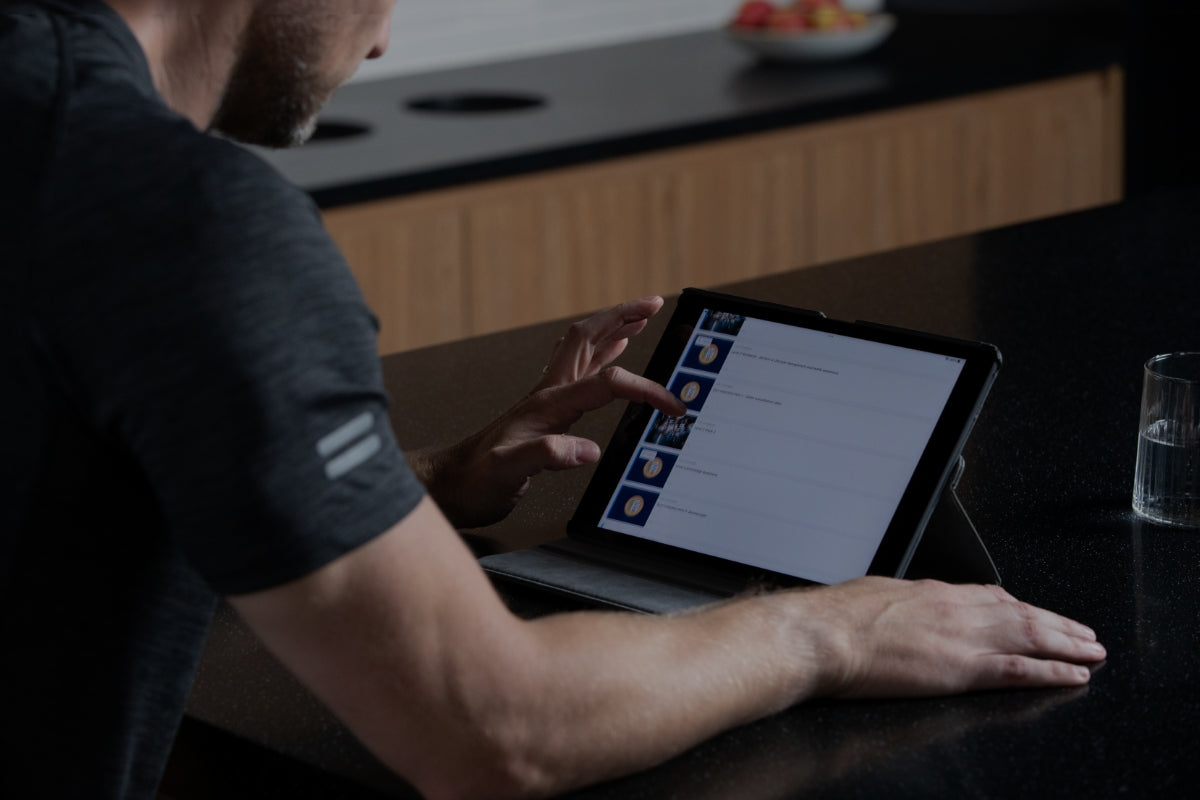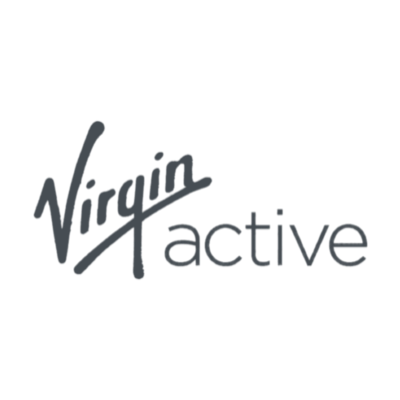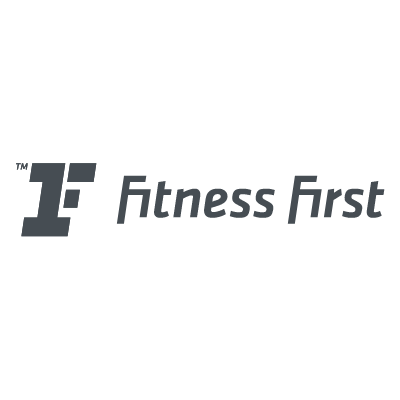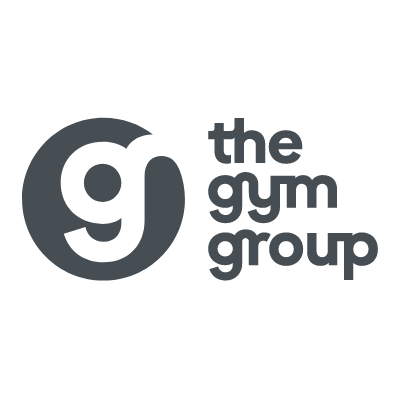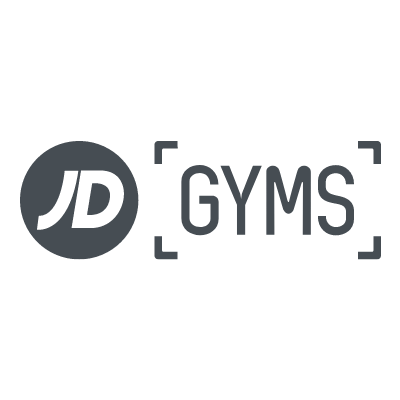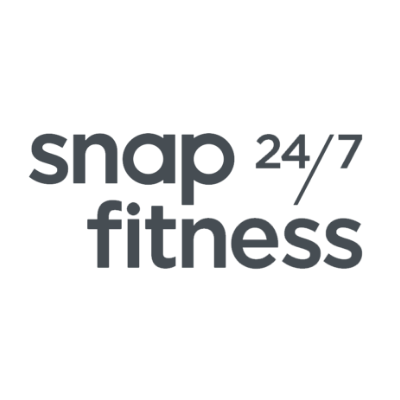Marketing Yourself as a Personal Trainer: Strategies for Success

The fitness market is bustling, but are you making your mark?
Navigating the ever-evolving world of fitness can be a daunting task.
Every corner of the internet and local gym seems to burst with aspiring trainers showcasing their own training expertise.
But there’s a piercing question that you need to ask yourself: amidst all this, are you truly carving out your distinct space?
You need to be more than just a good trainer these days – you need the marketing prowess to be able to sell yourself, and your ideas. It’s what makes the difference between six-figure trainers and the rest.
It starts with the right personal trainer certification - giving you both credibility and the confidence to promote yourself in a crowded market.
This article is a deep dive into powerful marketing strategies tailored for personal trainers.
Master the art of self-promotion, differentiate yourself, and watch as your calendar fills up with bookings.
With the right strategies in hand, the sky’s the limit.
Understanding your unique selling proposition (USP)
Defining your niche in the fitness world
If you’ve ever been to a restaurant that tries to serve every cuisine under the sun, you'll know it often misses the mark on all of them. The world of personal training is much the same. The jack-of-all-trades approach may seem tempting, but it often dilutes your brand. The solution? Carve out a niche for yourself.
Specialise in specific workouts
Choosing a particular style or method of workout can significantly differentiate you from the masses. Whether it's kettlebell training, aquatic fitness, pre-natal exercises, or calisthenics, immersing yourself in a specialty makes you a go-to expert in that domain. Instead of being a small fish in a big pond, you become the big fish in a specialised pool, making it easier for clients to find and choose you.
Catering to distinct demographics
Gone are the days when personal training was a one-size-fits-all proposition. Now, personal trainers are aligning their services with specific demographics: the elderly, millennials, athletes, or individuals with specific medical conditions, to name a few. Catering to a distinct group ensures a more personalised service, leading to better results for your clients and, consequently, more referrals for you.
Personal branding: why it's vital
You might think, "I'm a fitness trainer, not a product. Why do I need branding?" But remember, in the realm of personal training, you are the product. Your brand is not just about a snazzy logo or catchy tagline – it's the experience you provide, the trust you build, and the values you uphold.
Think of yourself as a brand. What emotions or values do you want to evoke when someone hears your name? Do you want to be known as the trainer who transforms lives, the mentor who understands, or the innovator always on the edge of fitness trends? Crafting a clear and compelling personal brand ensures that potential clients recognise and resonate with what you offer. And once you've established that connection, they're far more likely to trust you with their fitness journey.
Digital strategies to boost your profile
Building a sleek, user-friendly website
It's 2023, and if you don't have an online presence, you're essentially invisible to a vast portion of potential clients. Your website is your digital shopfront; it's where first impressions are made and can be the difference between a client hitting the 'contact' button or returning to Google for another search.
The importance of testimonials
Word-of-mouth has evolved, and it's now displayed proudly on the pages of your website. Genuine testimonials from satisfied clients not only build trust but also provide a tangible measure of your expertise. Think about it: would you be more likely to trust a personal trainer who showcases real results from real people, or one with just a generic sales pitch?
Showcasing certifications and specialities
In an industry rife with self-proclaimed 'gurus', flaunting your credentials is paramount. Displaying your certifications gives potential clients peace of mind, reassuring them that they're investing in a professional. Likewise, highlighting any specialities or unique courses you've taken allows you to appeal to specific niches and underscores your commitment to continual learning in the fitness realm.
The power of social media
Remember when gyms had bulletin boards covered in flyers? Well, social media is the new bulletin board, but on a colossal, global scale. The power of platforms like Instagram, TikTok, and Facebook to broadcast your brand and methodology is unparalleled.
Consistency in posting
You wouldn't ask your clients to work out once a month and expect results, right? Similarly, posting sporadically won't get you any traction. Consistency is king. Regular posts keep you at the forefront of your followers' minds, position you as an active player in the industry, and algorithmically, they boost your visibility on people's feeds.
Engaging content ideas for trainers
Not every post should be a promotional pitch. Mix in workouts, nutrition tips, behind-the-scenes looks at your training sessions, success stories, or even debunking common fitness myths. This variety not only keeps your content fresh but establishes you as a valuable source of information, not just another service.
Email marketing: keeping clients hooked
You might think email is old school, but its power in retaining clients is undeniable. Personalised email campaigns, monthly newsletters with health tips, or exclusive offers can turn a one-time client into a loyal, long-term customer. Remember, it's far easier (and cheaper) to retain an existing client than to acquire a new one. Using email smartly ensures your clients stay engaged and feel valued, boosting retention rates and, by extension, your income.
Traditional marketing techniques still worth your time
While the digital realm offers incredible opportunities for personal trainers to expand their reach, it's crucial not to overlook tried-and-tested traditional marketing techniques. Often, it's the in-person, tangible experiences that leave a lasting impression and lead to solid, lasting business relationships.
Networking: rubbing shoulders with industry peers
Never underestimate the power of a good old fashioned handshake. Attending industry conferences, joining fitness associations, or simply catching up over coffee with other trainers can open doors you didn't know existed. Networking provides a platform to:
- Share and gain knowledge about the latest industry trends.
- Get client referrals. A fellow trainer's client might need your speciality, and vice versa.
- Build a support system. A shared understanding of industry challenges can lead to collaborative problem-solving.
Offering free workshops or demo sessions
Think of this as a 'try before you buy' for potential clients. Hosting a free workshop at local parks, community centres, or gyms can:
- Introduce your training style to a wider audience.
- Help attendees experience first-hand the benefits of personal training.
- Generate immediate sign-ups post-session, as attendees are already warmed up to your offering.
Remember, people love freebies. And if they find value in your session, they're more likely to invest in regular sessions.
Collaborations and partnerships
Aligning yourself with complementary businesses or individuals can give you access to an entirely new clientele. Consider:
- Partnering with nutritionists or dieticians to offer a holistic health package.
- Collaborating with local cafes or health food stores for mutual promotions.
- Joining forces with physiotherapists or chiropractors. They can refer patients who are ready to start their fitness journey post-rehab.
Collaborations not only widen your client base but also solidify your position in the health and fitness ecosystem of your locality.
Retaining clients: it's more than just first impressions
Securing a client is just the first step. In the fitness world, where change is constant, retaining those clients demands a perfect blend of expertise, dedication, and adaptability. A robust client roster isn't built on transient strategies; it thrives on nurturing lasting relationships.
The importance of continued learning
In a fast-evolving industry like fitness, what was relevant a year ago might be obsolete today. And clients, with an ocean of information at their fingertips, expect their trainers to be up-to-date. This is where continued learning becomes crucial:
- Stay updated with trends: regularly attending workshops, online webinars, and courses ensures you're at the cutting edge of fitness knowledge.
- Expand your skillset: consider diversifying into related areas. Knowledge of nutrition, mental wellness, or even sports psychology can make you a holistic health provider.
- Boost client confidence: when clients see their trainer is invested in learning, it boosts their confidence in your services, ensuring they stay onboard longer.
Keeping feedback loops open
Open dialogue is the key to any successful relationship, and the trainer-client relationship is no different.
- Regular check-ins: monthly sit-downs to discuss progress, concerns, and future goals can provide invaluable insights.
- Act on feedback: if a client feels their inputs are being heard and implemented, they’re more likely to remain loyal.
- Create an open environment: encourage clients to speak up. Whether it's about their workout regime, diet plan, or even the music you play, their comfort should be paramount.
Conclusion
Navigating the world of personal training marketing might feel daunting, but remember, it’s about blending modern techniques with timeless principles. A multifaceted marketing approach that integrates both digital brilliance and traditional tenacity can set you apart. But amidst all the strategies, never lose sight of what truly matters: authenticity.
Your skills and knowledge might draw clients in, but it's your genuine passion for their well-being that will make them stay. Prioritise continuous growth and ensure every strategy, be it a social media post or a face-to-face interaction, reflects your commitment to their fitness journey.
Your best marketer has always been, and will always be, a satisfied client. So, as you step forward, armed with new insights and techniques, always circle back to the heart of your profession: transforming lives. Embrace change, try fresh tactics, evaluate, and pivot when necessary.


